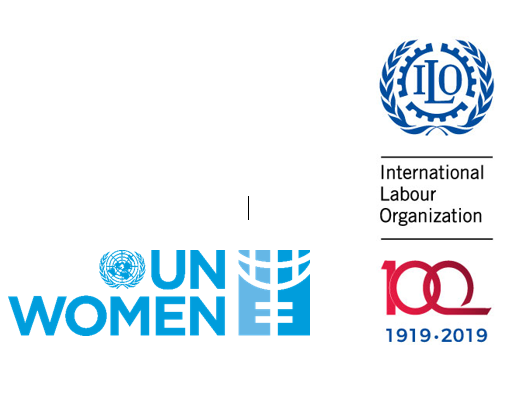When addressing violence and harassment in the world of work, it is important to understand the interplay of “consent” in relation to the abuse of power and unwelcome behaviours. It is particularly important to take into account gender power relations, as refusal to agree may not always be possible. It is, therefore, important to understand the “coercive context in which consent is given” and that submitting to sexual harassment should not be interpreted as an indication that it is wanted or desired (O’Connor, 2017, pp. 8-16). Sexual harassment is a form of sex discrimination. Understanding consent in the context of gender inequalities, a “yes” can actually be a result of coercion or the inability to say “no” because of the imbalance of power. “It can be the outcome of forced choices, precluded options, constrained alternatives, as well as adaptive preferences conditioned by inequalities” (MacKinnon, 2005, p. 246).
The concept of unwelcome sexual conduct removes the ambiguity that may present itself with consent-based definitions, where the intent of the perpetrator becomes irrelevant.
